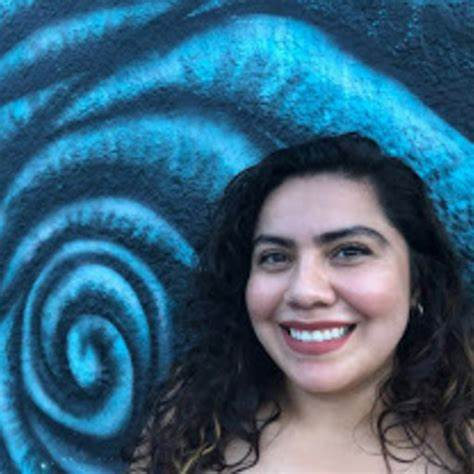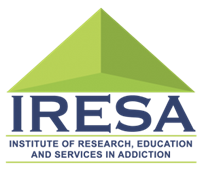Historical trauma (also called "generational trauma") refers to a complex and collective trauma experienced over time and across generations by a group of people sharing identity, affiliation, or circumstance (Brave Heart, 1999). The effects of historical trauma are substantial, multigenerational, and cumulative over time. To appreciate the true impact of historical trauma, it's important to understand its function as a foundation for institutionalized oppression, discrimination, and racism and how the culmination of these factors perpetuate the present-day social determinants of health and socioeconomic circumstances of Mexicans and Mexican Americans, including poverty, under-employment, and low educational attainment.
This one-day event will include presentations on historical trauma as it relates to underserved communities, such as those of Latinos, African Americans, and others. Presenters will also discuss culturally responsive strategies and approaches that should be used when working with underserved communities.
Registrants who fully attend this event or training will receive a certificate of attendance via email within two weeks after the event or training.

Oscar Rojas Perez, PhD
Dr. Rojas Perez is an associate research scientist at Yale University School of Medicine. He received his doctorate from the counseling psychology program at the University of Missouri and completed his pre-doctoral internship at La Clínica Hispana in the Yale Doctoral Internship in Clinical and Community Psychology. Broadly, his professional contributions focus on the development and cultural/linguistic adaptation of measures and interventions, Latinx immigrant well-being and trauma, multicultural responsive training, and public policy advocacy. Within this, he is interested in (a) identifying cultural strengths and methods of healing, (b) using culturally responsive approaches focus on equity and liberation, and (c) improving the implementation of mental health interventions. Dr. Rojas Perez’s work has been presented at multiple national and international conferences. He is the recipient of numerous awards, including three American Psychological Association fellowships, the Outstanding Dissertation Award from the National Latinx Psychological Association, and the Lauds and Laurels Distinguished Young Alumnus Award from the University of California Irvine. Dr. Rojas Perez is also an affiliate of the NIMH funded Center for Interdisciplinary Research on AIDS Clinical and Health Services Research Core at Yale University and fellow of the NIMHD Health Disparities Research Institute. Dr. Rojas Perez's co-authored book, ¿Quiénes somos y de dónde venimos? A Historical Context to Inform Mental Health Services with Latinx Populations, examines the various forms of oppression, colonialization, and sociopolitical and sociocultural factors that continue to influence the mental health of Latinxs in the United States
Clinically, he is licensed and has extensive experience providing evidence-based interventions (e.g., Dialectical Behavior Therapy, Motivational Interviewing, Prolonged Exposure Therapy) to a diverse client population (e.g., undocumented immigrants, refugee/asylum seekers, monolingual Spanish-speaker, etc.) in a variety of settings. Dr. Rojas Perez currently serves as the Senior Policy Advisor for the National Latinx Psychological Association

Nancy Herrera, PhD
Dr. Nancy Herrera is a UTHealth Postdoctoral Research Fellow with the Department of Psychiatry and Behavioral Sciences. As a bilingual psychologist, supporting the mental health of historically minoritized communities is her personal and professional passion. Her main areas of clinical practice and research center around Latinx wellness, healing post trauma, and culturally centered clinical practices. Dr. Herrera’s utilizes intersectional, decolonial, and liberation psychology approaches to support holistic healing from interpersonal trauma. As a woman of Mexican decent, her clinical and scholarly work is her means of advocacy, resistance, and countering historical and deficit narratives used to further oppressed Chicanx/Latinx communities.


The Great Lakes A/MH/PTTC is offering this training for individuals working in HHS Region 5: IL, IN, MI, MN, OH, WI. This training is being provided in response to a need identified by Region 5 stakeholders.